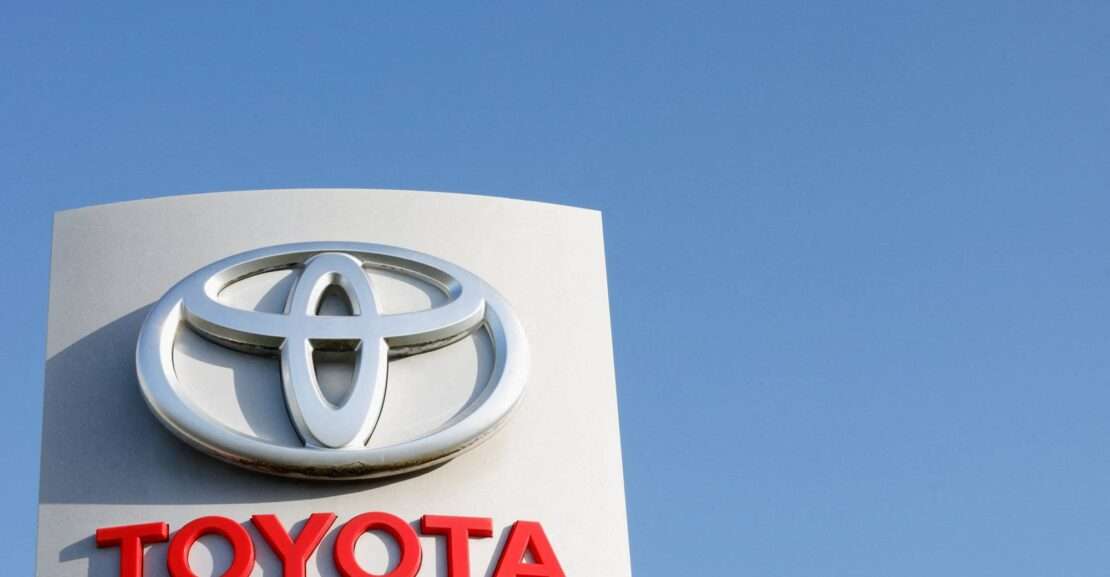New car sales in Japan dropped 5.6% in 2022 from the previous year to the lowest level in 45 years due to a semiconductor shortage and pandemic-caused supply chain disruptions, data from industry bodies showed Thursday.
A total of 4,201,321 cars including minivehicles with engines of up to 660 cc were sold last year in the country, according to the Japan Automobile Dealers Association and the Japan Light Motor Vehicle and Motorcycle Association.
Domestic auto sales in 2022 declined for the fourth consecutive year and dropped to their lowest level since 1977 when about 4,190,000 vehicles were sold.
Sales of cars other than minivehicles fell 8.3% to 2,563,184 units, according to the Japan Automobile Dealers Association data.
By brand, Toyota saw a drop of 12.4% to 1,217,128 units, while Nissan’s sales slipped 0.8% to about 272,020 vehicles. Honda sold 269,034 units, down 1.9%.
Mitsubishi registered a sharp gain of 42.4% to 49,178 units thanks to robust sales of the plug-in hybrid sport utility model, Outlander PHEV, and electric minivehicles.
Suzuki and Mazda also logged an increase following a drop in 2021 caused by disruptions to the supply of parts.
Sales of minivehicles fell 0.9% to 1,638,137. Daihatsu, Toyota’s subsidiary mainly focused on the minicar market, saw a rise of 1.2% in sales, while its rival Suzuki suffered a 1.5% fall.
The Japan Light Motor Vehicle and Motorcycle Association said it is difficult to tell how long the chip shortage and supply chain disruptions will persist and weigh on production.
In December alone, new car sales were up 2.4% from a year earlier to 344,365, rising for the fourth straight month.
Meanwhile, data released by six Japanese automakers showed their combined sales in the United States fell 17.9% in 2022 to 4,758,614 units as the chip shortage also crimped their shipment in the country.
Toyota, Honda, Nissan, Mazda, Mitsubishi and Subaru all saw a sales decline as General Motors retook the top spot from Toyota, which outsold the American auto giant in 2021.
Toyota’s U.S. sales in the year declined 9.6%, while those of General Motors rose 2.5%.

